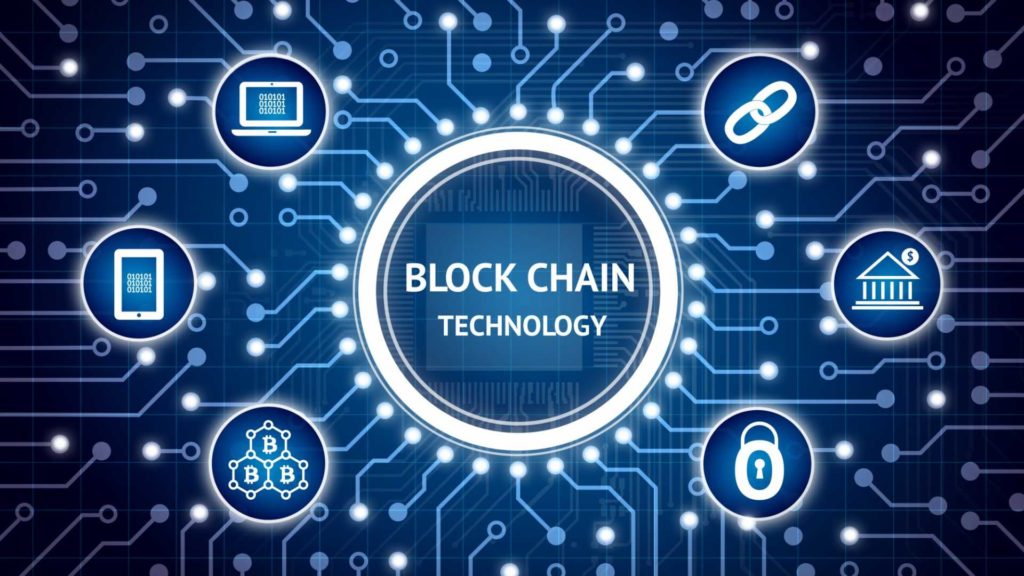The Future of BlockChain and Future Challenges from the Perspective of David Marcus, CEO of Light Spark

In a statement to Light Spark CEO Fed Marcus: I have spent the better part of my career thinking about payment systems and our digital and how money moves online, and this time I am going to talk about what I think about a blockchain system that has the potential to reform the way money moves today, in many ways the same way it moved in the 1970s, when we think about the SWIFT banking correspondent system, it is a correspondent system on top of a network of bank accounts located in different banks around the world and it does not work on Fridays and it is expensive for consumers and businesses to use after 5 p.m., so developers and other parties cannot build on it.

The question here is do we need Blockchain to actually settle value globally as a critical piece of technology ? I know it is decentralized just like the internet, but we actually need Blockchain technology, the world needs some form of Internet of Money that allows money to travel and enables people to send money the same way they send a text or an email without having to think about the underlying technology in 2030, (and here asks? David Marcus) and perhaps we wonder what has changed? How does money move around the world in a fictional scenario for us? Actually, it’s not a fictional scenario. I think money moves the way it should move, and I think people don’t really ask why money moves the way it does. You know, we didn’t think email was going to be an advance from fax machines. If you could move money the same way you do anything else on the internet, if you could have people’s money flow to a content creator in another country, or if someone in the gig economy could get paid at the end of their job, if we could actually have money flow locally on the internet without going beyond the old rails that it currently relies on, we would unleash a very large amount of GDP for everyone around the world. (Here ends Light Spark CEO David Marcus.)

We at Sky High Economics explain what BlockChain technology is:
? What is blockchain technology
Blockchain is a secure, transparent, and decentralized digital data recording technology. It can be described as a public, distributed ledger that is stored encrypted and distributed across a network of computers connected to the Internet.
The salient feature of blockchain technology is that it uses a data structure called “blocks” to store digital records encrypted. Each block contains a set of transactions, data, smart contracts, or any other type of information you wish to store. Each block is linked to the previous block in an encrypted manner using advanced cryptographic techniques.

The most important features of blockchain technology include:
Security: Thanks to encryption and distribution techniques, data stored in the blockchain is difficult to tamper with.
Transparency: Data is stored publicly and easily accessible, increasing transparency and trust.
Decentralization: It is not managed and controlled by a single central entity, but rather distributed across a network of participating devices.
Smart contracts: It allows smart contracts that depend on specific conditions to be executed automatically without the need for an intermediary.
Blockchain technology applications include many areas such as transportation, finance, healthcare, and supplies, where it contributes to simplifying operations and improving efficiency and security.
Blockchain technology and its impact on banking transactions:
Blockchain technology has many significant impacts on banking transactions, offering an innovative solution to many of the challenges facing the traditional financial services industry. Here are some of the key impacts of blockchain technology on banking transactions:
Increase transparency and trust:
Blockchain technology reduces the operational and administrative costs of banking transactions, as transactions can be executed faster and cheaper without the need for intermediaries.
Reduces the time taken to settle transactions, as it works faster and more efficiently than traditional settlement systems.
Provides greater security:
Data and transactions are secured across the blockchain network using advanced encryption techniques, which reduces the risk of hacking and fraud.
Enhancing access to financial services:
Blockchain technology can contribute to improving access to financial services for individuals who do not have bank accounts, especially in areas that lack traditional infrastructure.
Facilitating international transactions:
Blockchain technology offers solutions to simplify and speed up international transactions, and reduce the costs associated with cross-border transfers.
Enhancing compliance and traceability:
Blockchain provides an accurate and reliable record of all transactions, which facilitates tracking and compliance with financial laws and regulations.
Overall, blockchain technology is a significant transformation in the financial services industry due to its ability to improve efficiency, increase transparency, reduce costs, and provide greater security, making it an attractive option for banks and financial institutions to improve their services and expand their operations.
Report prepared by: Abdulaziz Alabdulkarim









